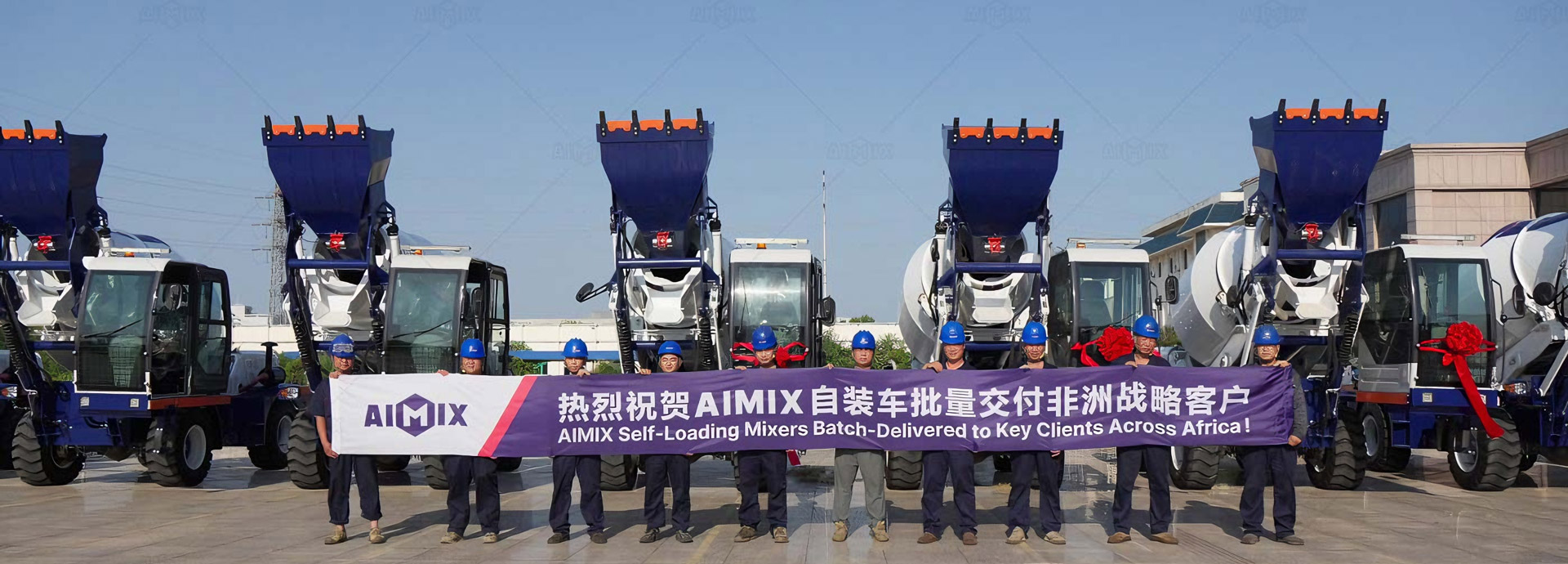The conversation around construction equipment in Nigeria is evolving, and the concrete mixer is at the center of this dynamic shift. While the initial price tags of traditional drum mixers might seem appealing, a deeper analysis reveals a more compelling narrative. The market is witnessing a pivot towards efficiency and operational autonomy, driven by the unique challenges and opportunities within the Nigerian building sector. Understanding the true cost of a concrete mixer requires looking beyond the simple invoice and evaluating its impact on labor, logistics, and project timelines. In this context, self loading concrete mixture are not just another option; they are emerging as a strategic asset, redefining value for forward-thinking contractors and developers who are tired of the old bottlenecks and are ready to build smarter.

The Nigerian Construction Landscape: A Market Ripe for Disruption
Nigeria’s construction ecosystem is a vibrant, fast-paced environment characterized by ambitious projects and equally formidable challenges. The traditional workflow, reliant on manual labor, separate loading equipment, and standalone mixers, is fraught with inefficiencies that inflate hidden costs. Labor dependencies can lead to project delays and inconsistent output quality. The logistics of coordinating multiple machines and workers on often congested and space-constrained sites creates a operational friction that slows progress to a crawl. Furthermore, the reliance on a steady supply of ready-mix concrete from off-site plants introduces vulnerability to price volatility and delivery delays, which can derail even the most meticulously planned project schedule. This landscape, with its inherent complexities, is precisely why the market is primed for a more integrated and intelligent solution.
The Self-Loading Value Proposition: More Than Just a Mixer
A self-loading concrete mixer is a paradigm shift in on-site material management. It is not merely a mixer but a compact, mobile batching plant on wheels. This all-in-one functionality is its superpower. The machine integrates a loading mechanism, water tank, aggregate and cement hoppers, and a mixing drum into a single, cohesive unit. This consolidation dismantles the traditional, disjointed process. A single operator can now manage the entire concrete production cycle—from loading raw materials to discharging the final mixed product directly at the point of placement. This eliminates the need for a separate wheel loader and its operator, drastically reducing labor costs and simplifying on-site coordination. The agility of these units allows them to navigate tight urban sites and access remote locations, bringing production capability directly to where it’s needed most, untethering projects from the limitations of fixed supply chains.

The Smart Investment: Analyzing Total Cost of Ownership
When evaluating price of concrete mixer in nigeria, the smart money is on the total cost of ownership, not the initial purchase price. This is where self-loading models truly distinguish themselves and justify their investment. While the upfront cost is higher than a basic drum mixer, the long-term financial picture tells a different story. The significant reduction in labor—consolidating multiple roles into one—translates into continuous savings on wages. The operational efficiency gained from producing concrete on-demand slashes project timelines, enabling contractors to take on more work within the same period. This increased throughput is a direct revenue multiplier. Additionally, by producing your own concrete, you insulate your business from the price fluctuations of commercial ready-mix and eliminate the costs and delays associated with its transport. When you factor in the versatility, time savings, and labor optimization, the ROI on a self-loading mixer becomes overwhelmingly persuasive, making it not an expense, but a strategic investment in building a more resilient, profitable, and competitive construction business in Nigeria.

Comments
No comments yet. Be the first to react!